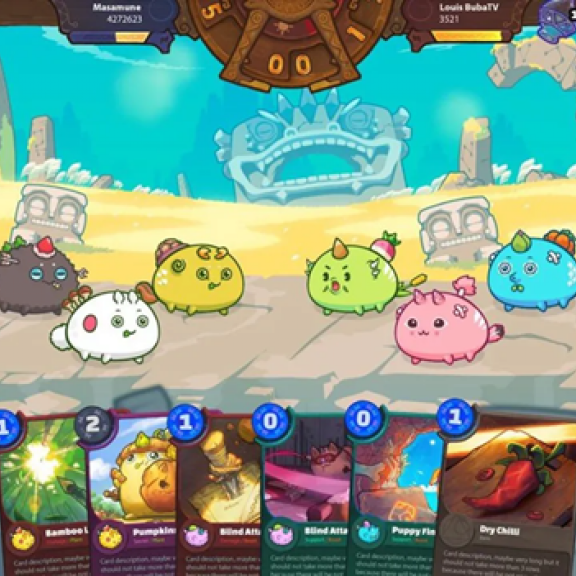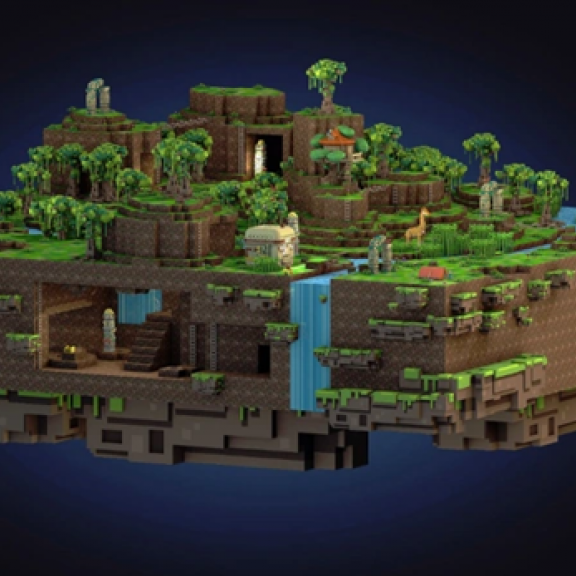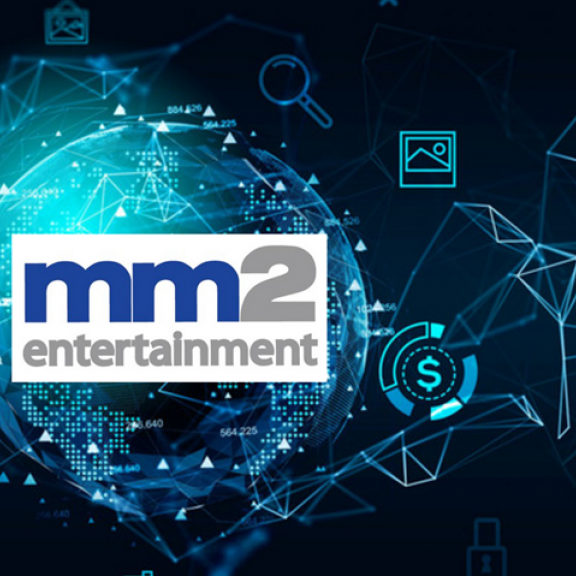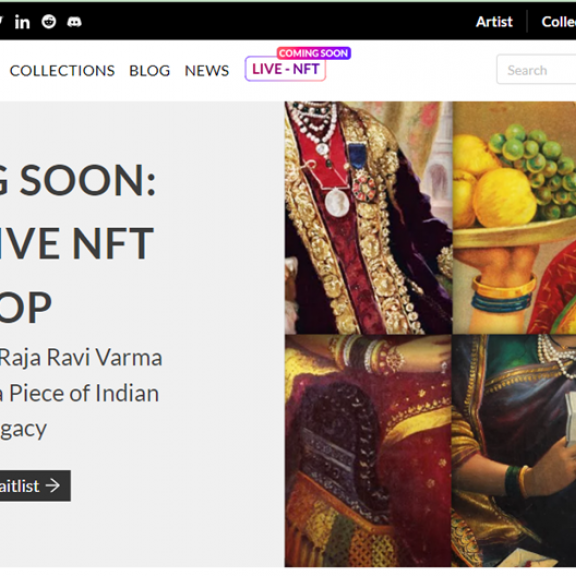
NFT, shopping for virtual goods in Asia
In March 2021, the largest transaction for an NFT occurred when an NFT for a digital work of art was sold for $69 million by the artist Beeple. This attracted the attention of the media, investors and companies to an e-commerce trend that offers great prospects for growth. The sale of NFTs, virtual goods whose uniqueness is certified by blockchain technology, heralds a new era for e-commerce
While they are currently used chiefly for digital art and video games, NFTs offer opportunities in many other industries. Big tech companies are looking at them very closely. Meta, formerly Facebook, announced its intention to establish a marketplace dedicated to NFTs, while Instagram users can display their NFT collections on the app. In Asia, Alibaba launched a campaign for the Chinese New Year that allows users to buy NFTs through its Alipay payment app.
Asia, especially southeast Asia, is thought to represent a significant share of the market. According to Chainalysis Inc, southeast and central Asia represented 35% of the $22 billion global NFT market in 2021. Its population makes up the majority of NFT users according to information from the Global NFT Adoption study by Finder.com, based on the 20 countries surveyed. The Philippines, Thailand and Malaysia—all located in southeast Asia—are at the top of the list. This is no surprise when you consider that certain Asian countries are among the primary adopters of crypto and heavy consumers of video games.
To gain a better understanding of NFTs' potential, let us take you on a discovery tour of the most cutting-edge Asian companies in the field and analyze the new purchasing experiences that it offers users.
Last August, 1.8 million gamers signed into the platform, and the most dedicated can earn thousands of dollars per month.
In this ecosystem, the Sand token is used for transactions and interactions. Currently, 705 million tokens are in circulation with 3 billion in reserve. During the game's Alpha 1 stage, more than 200,000 gamers visited the ecosystem, 100,000 attended competitions, and game time exceeded 150,000 hours.
In the fashion industry: a Singapore-based brand sells virtual clothes
Hoping to ride the digital asset ownership wave, Republiqe, located in Singapore and founded by James Gaubert in August 2020, is thought to be the first exclusively digital luxury brand in the world. It relies on the 22 years of experience of its founder, designer, and stylist who has worked for Chanel, Burberry, Bulgari, and Louis Vuitton. During the first six months of its existence, Republiqe sold a total of 500 pieces.
Since the brand's tailors digitally dress the customer in the cybergarments that they have bought, one size fits all. Buying on Republiqe resembles any other online purchasing experience—browse the catalogue, add items to the cart, and finish the transaction. However, the customer must upload a photo of themselves, which is sent to the 3D tailors who adjust the garment before sending it to its buyer.
The tailors use high-quality digital cloth and adjust the clothes on their avatars to verify the fit from all angles. According to Gaubert, this requires the same attention to detail as a physical design, whether in the materials, such as buttons and metals, in the garment's seams, and in the accessories.
In the music industry: the KLKTN platform offers unique assets to fans of Japanese and Korean pop culture
KLKTN is a platform where fans can buy and trade NFTs from their favorite artists. Artists are encouraged to share their creative process, publish exclusive content, and create new ways of communicating with their fans. All this is done by selling NFTs on the site's marketplace.
The team that created the platform is international and diverse. Design Director Jeff Miyahara is a visionary, a music producer, and a singer-songwriter based in Tokyo. He has already produced more than 260 J-pop, K-pop, and international artists. He has sold in excess of 40 million physical and digital copies of his music in all. Working with him is Director of Technology and blockchain engineer Fabiano Soriani. He and his team are based in Vancouver.
The company's headquarters is located in Hong Kong with CEO Daisuke Iwase, a Japanese entrepreneur who cofounded the startup Lifenet and brought it to an IPO before getting interested in blockchain and the potential of NFTs.
One of their first initiatives was converting the pages of Young Magazine into NFTs and selling them on the marketplace. In 12 hours, the 255 NFTs sold like hotcakes!
Last July, KLKTN issued a special edition of NFTs to celebrate the new single of US-Korean artist Kevin Woo. This edition of NFTs includes collectible excerpts inspired by the singles' new music video. Since then, many other launches and initiatives of this kind have taken place for a variety of artists' new singles, videos, or albums.
RtistiQ said that it was an artists' marketplace that not only provides an online sales platform, but also answers their concerns about issues such as non-traceable origins, late or missing royalties, and copyright violations. The number of artists joining RtistiQ have doubled each month since April. The platform currently has 200 artists on board! It expects to have 1,500 from more than 50 countries as well as 20,000 works of art by March 2022.
The Asian NFT market is expanding quickly. This new form of e-commerce will be at the heart of the metaverse, and certain Asian companies are already investing heavily into this market in gaming, art, music, and even fashion. Certain companies are even working on smart iNFTs, virtual avatars endowed with artificial intelligence. For example, Singaporean company Alethea IA raised 16 million dollars to develop these iNFTs and sold an iNFT last June for $478,000. Whether we like it or not, NFTs seem to be one of the pillars of the virtual world that awaits us.



